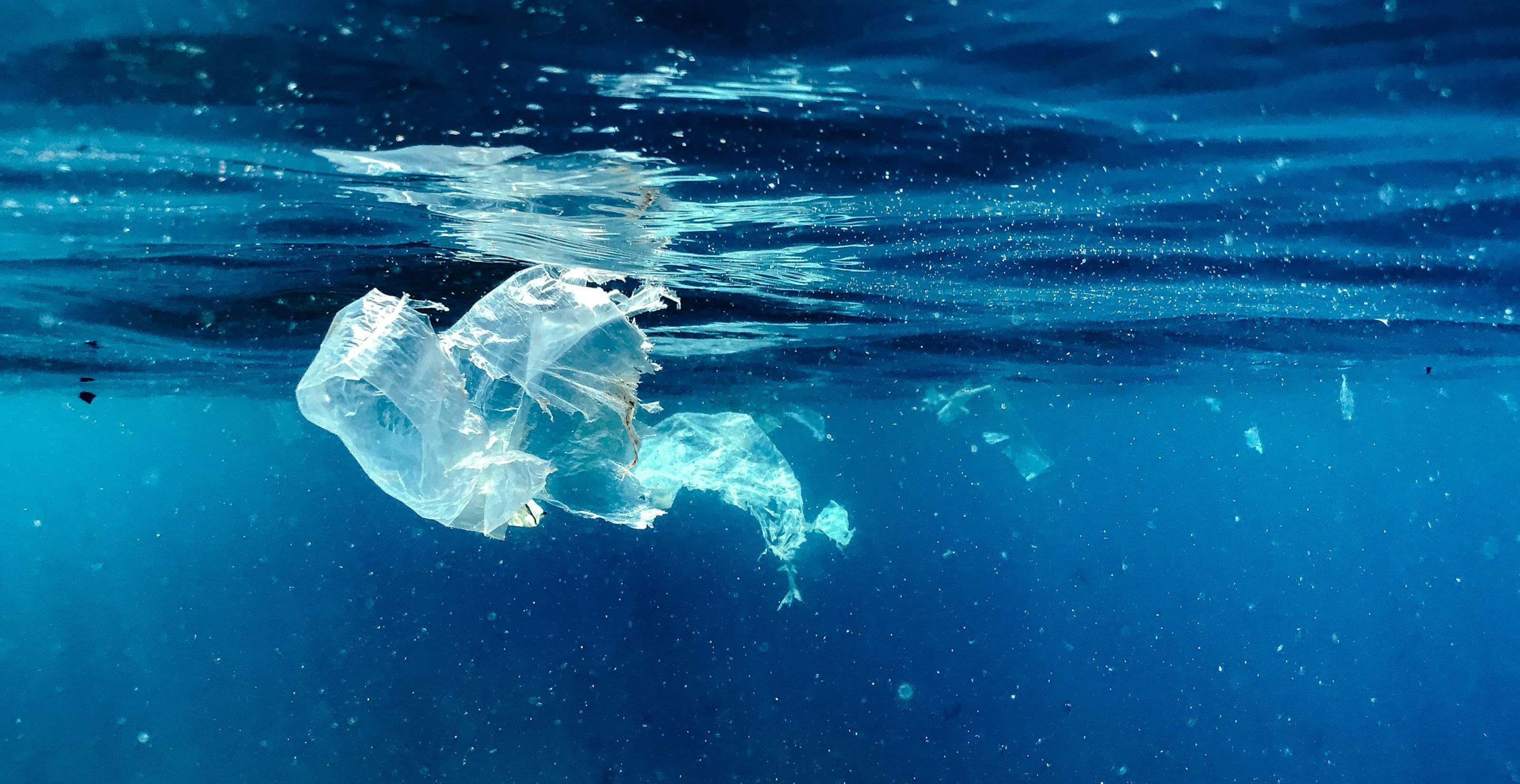New Study in Nature Identifies Plastic Chemicals of Concern and Highlights Approaches Towards Safer Plastics
Countries are currently negotiating a global treaty to solve the planetary crisis of plastic pollution and help make plastics safer and more sustainable.

( Photo: Unsplash/Naja Bertolt Jensen)
Plastic chemicals are an important safety issue because all plastics, from food packaging to car tires, contain thousands of chemicals that can leach into foodstuffs, homes, and the environment.
While many of these chemicals are already known to harm the health of humans and the environment, a complete overview of these chemicals is currently missing, hampering progress towards safer plastics.
Comprehensive Overview
A new peer-reviewed study published in Nature provides essential scientific information on all known plastic chemicals. This includes both intentionally added chemicals during production and non-intentionally added chemicals that have been detected.
The study provides a comprehensive and systematically compiled overview of all chemicals that can be present in plastics, their properties, uses, and hazards. Importantly, the study provides a scientific approach for identifying chemicals of concern in plastics that will support scientists and manufacturers in developing safer plastics and policy makers in promoting a non-toxic circular economy.
Plastic Chemicals Pose Risks to Health and Environment
The new study shows that there are more plastic chemicals than previously known, with 16,325 chemicals included in the PlastChem database that accompanies the work. Importantly, the scientists discovered at least 4,200 plastic chemicals are of concern because of their high hazards to human health and the environment. These chemicals of concern can be present in each major plastic type, including in food packaging, and all tested plastics leached hazardous chemicals.
Dr. Laura Monclús, a lead author of the study and researcher at the Norwegian Geotechnical Institute (NGI) in Trondheim, said that:
“This study provides robust scientific evidence for the universe of all plastic chemicals and presents a science-based approach to identify and deal with plastic chemicals of concern.”
Outlines Pathways to Safer and More Sustainable Plastics
The new study outlines three major pathways towards safer and more sustainable plastics: safer chemicals, transparency, and redesign. Known chemicals of concern should be removed from plastics, either by voluntary industry action or regulation.
Transparency is needed, given that industry does not disclose which chemicals are present in which plastic product. This prevents independent risk assessment and the public’s right to know. Finally, plastics should be re-designed to contain fewer chemicals that are thoroughly assessed for their safety, particularly if they are to be reused or recycled.
Prof. Hans Peter Arp, co-author, Professor at the Norwegian University of Science and Technology (NTNU) and technical expert at the Norwegian Geotechnical Institute (NGI), said that:
“The study emphasizes that we need more transparency and better management of chemicals of concern in plastic, particularly if we are to reuse and recycle more of them to achieve ambitions for the circular economy. The future of innovation in plastic should focus on safety, sustainability, necessity, and circularity, rather than just single-use functionality.”
Prof. Martin Wagner, a lead author of the study and Professor at the Norwegian University of Science and Technology (NTNU) in Trondheim, said that:
“The fact that harmful chemicals can be present in all types of plastics is very concerning because these plastic chemicals can have negative consequences for the health of people and planet. The scientific evidence underpins the urgent need for making plastics safer.”
Reference
Laura Monclús, Hans Peter H. Arp, Ksenia J. Groh, Andrea Faltynkova, Mari E. Løseth, Jane Muncke, Zhanyun Wang, Raoul Wolf, Lisa Zimmermann, Martin Wagner (2025). Mapping the chemical complexity of plastics, Nature, https://doi.org/10.1038/s41586-025-09184-8.

Laura Monclús
Researcher/Consultant Environment and Rock Engineering laura.monclus@ngi.no+47 466 37 174
